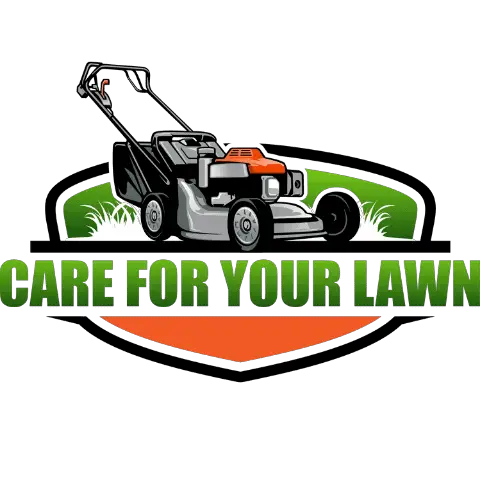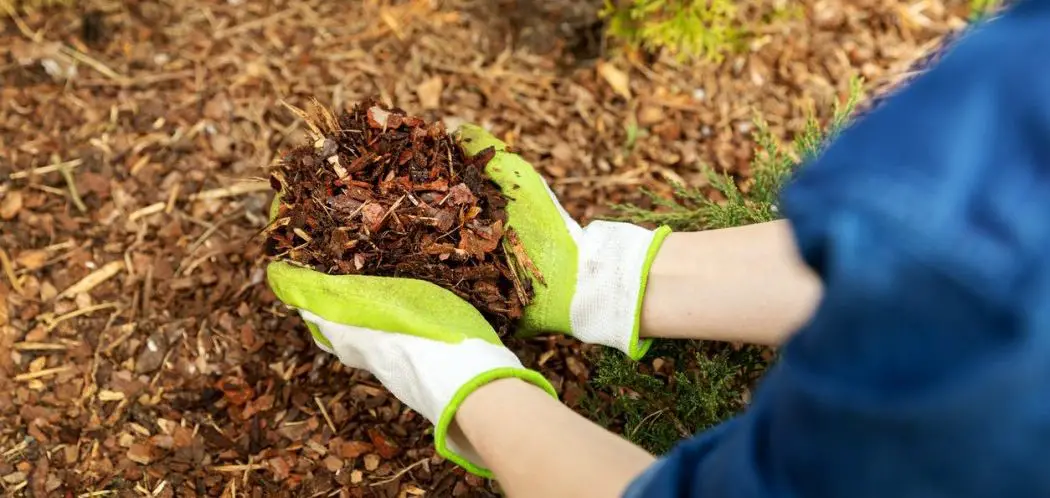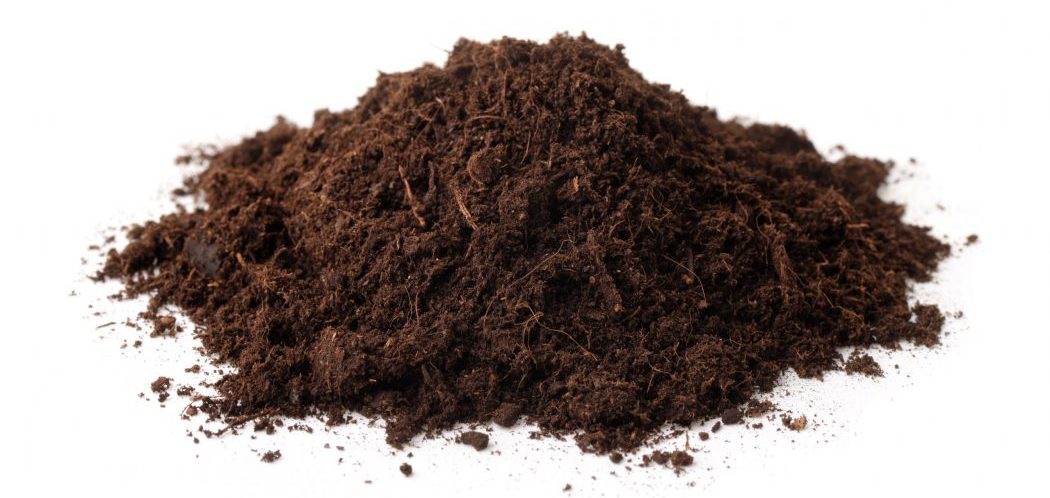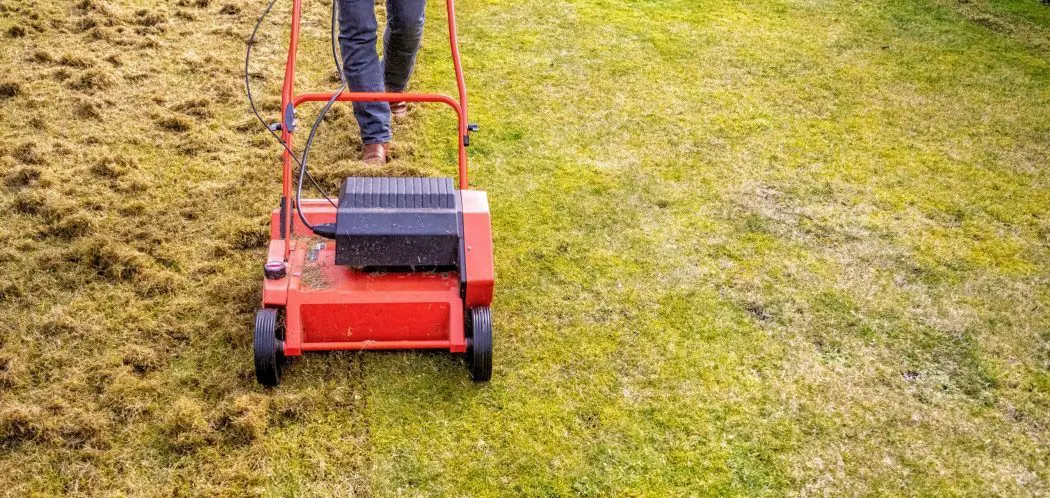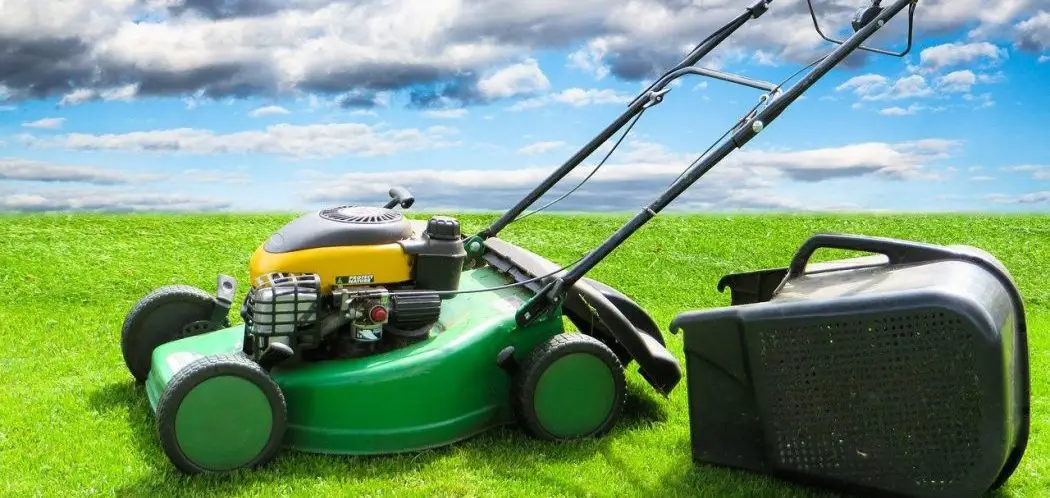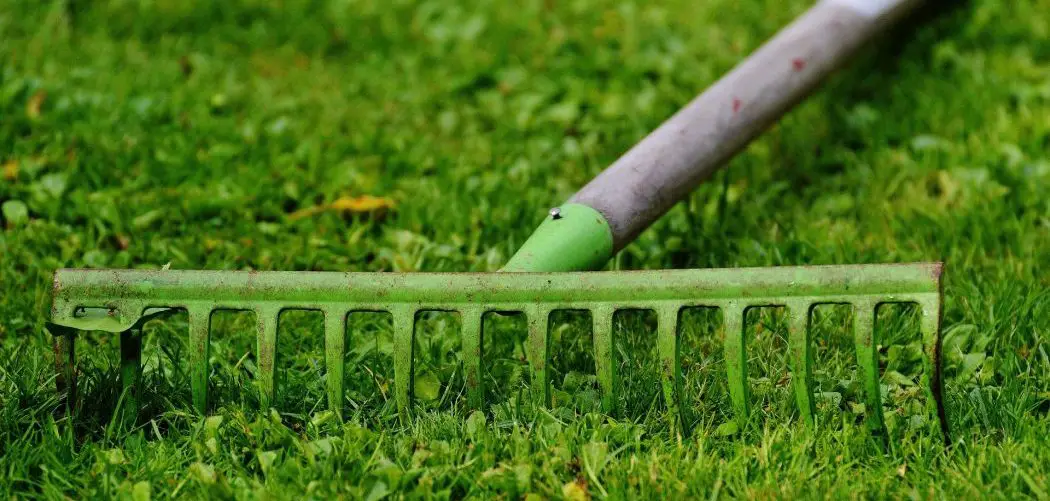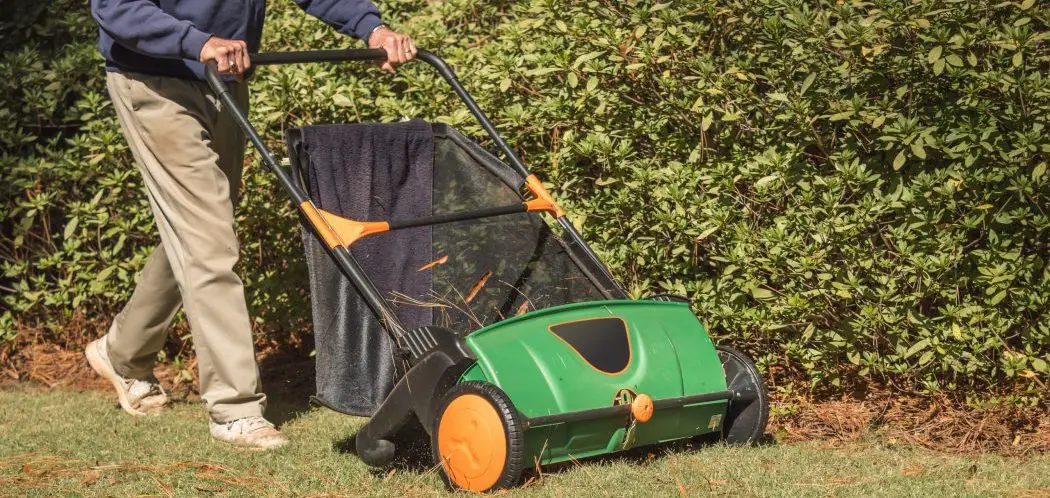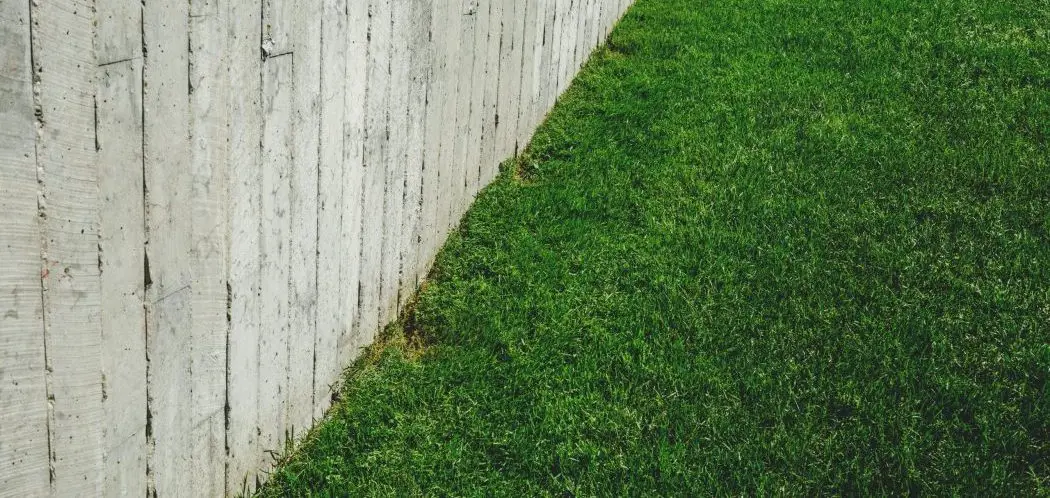Mulch is material that is laid over soil. The benefits of mulch include moisture retention in the soil, temperature control, and inhibited weed growth. Mulch can be made of organic material such as pine needles and sawdust, or it can be made of rubber or minerals.
How Much Does Mulch Weigh?
The weight of your mulch is dependent upon how much mulch you need and what material the mulch is made of. To determine how much mulch you will need, you must first calculate the square footage of the soon-to-be-mulched area.
Measure the length of the area, then measure the width. Multiply the two figures together and now you know the square footage of the area. For circular regions such as the base of a tree, measure the diameter of the area that you wish to mulch. Divide your diameter by 2, then multiply the figure by itself. Take that result and multiply it by 3.14.
If the area is in an irregular shape that is not quite a rectangle but not quite a circle, create a rectangle around the area and measure from there. It’s better to overestimate and have excess material than to have too little material to accomplish the job.
Why It’s Important
The depth of your mulch is dependent on how much coverage you want to accomplish. If applying mulch for aesthetic purposes, you want an even layer. If your flower bed is made up of different plants, you may want to vary the depth around each plant based on that plant’s needs.
No plant should have more than 4 inches of mulch on top of its soil. More than 4 inches of mulch will rob the soil below of moisture and oxygen. The result of this deprivation would be the death of your beloved plants. If the area to be mulched contains no plants, feel free to apply as much as you please.
Once you’ve decided on the depth of the area, multiply that number by your square footage. Now you’ve determined your cubic feet.
Mulch is typically sold in bags measured by cubic feet. This makes it simpler for the consumer to decipher how many bags of mulch they need. If a bag of mulch contains 2 cubic feet of material and you’re trying to fill 12 cubic feet, you’ll need six of these bags.
How Much Does a Bag of Mulch Weigh?
Now that we’ve determined how many cubic feet of mulch you’ll need, it’s time to go shopping. If you’re worried about the weight of the mulch, there are a few factors that can vary between mulches.
A bag of one type of mulch won’t weigh the same as a bag of another type. The materials that the mulch is composed of do not weigh the same. A pound of feathers and a pound of bricks may weigh the same, but a cubic foot of pine bark mulch and a cubic foot of compost mulch won’t be equal on the scale.
Wood mulches typically come in 2-cubic-foot bags. These bags can weigh approximately 20 pounds.
Straw mulch bags differ. They can be found in bags of 1 cubic foot or 2.5 cubic feet. One 1-cubic-foot bag of straw mulch will weigh around 20 pounds. The 2.5-cubic-foot bags can weigh up to 50 pounds. Compost mulches can weigh around 44 pounds per cubic foot.
Inorganic materials for mulch tend to weigh more per cubic foot than their plant-based counterparts.
Shredded rubber mulch can weigh 44 pounds per cubic foot. Rocks used for mulch are usually sold in 0.5-cubic-foot bags. One 0.5-cubic-foot bag of river rocks can weigh 50 pounds. This means that every cubic foot weighs in at a whopping 100 pounds. Egg rock is comparable in weight as one 0.5-cubic-foot bag weighs around 45 pounds. Lava rock is the lightest rock option. Its bags only weigh 18 pounds per 0.5 cubic foot.
Marble chips are a beautiful way to get the benefits of mulch in your garden without the material decomposing. Marble chips are usually sold in 0.5-cubic-foot bags that weigh 45 pounds each.
I Only Need 2 Cubic Feet of Mulch
Small areas may require as little as 2 cubic feet of mulch. If you’re wondering how much does 2 cubic feet of mulch weigh, the answer is as easy as multiplying the figures above.
How Much Does 2 Cubic Feet of Mulch Weigh?
When using wood mulch, 2 cubic feet will weigh approximately 20 pounds. Straw mulch will tip the scale just as much, weighing in at 40 pounds for 2 cubic feet. Compost mulch will total 88 pounds for 2 cubic feet. The same can be said for rubber mulch. River rocks weigh about 200 pounds per 2 cubic feet. Egg rock is a close second, coming in at 180 pounds for 2 cubic feet. Lava rock will weigh only 72 pounds for 2 cubic feet. For 2 cubic feet of marble chips, you’ll find the weight to be 180 pounds.
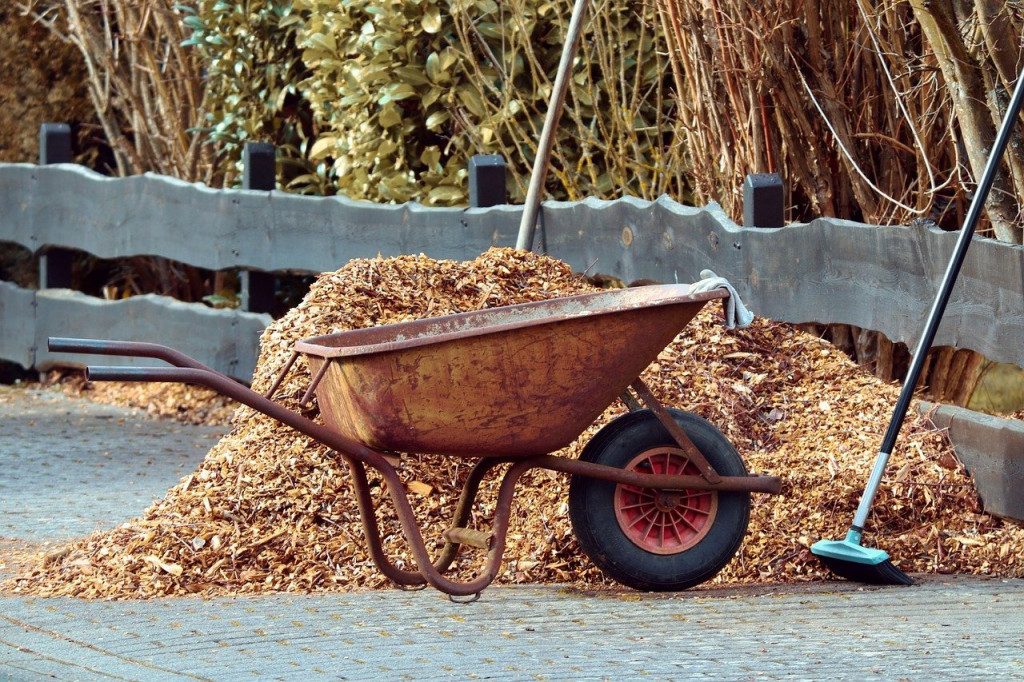
Cubic Yards of Mulch
If the area you’re considering mulching is quite large, you may want to purchase your mulch in bulk. When purchasing mulch in bulk, you may find that the units are calculated by cubic yards instead of cubic feet. One yard is equivalent to three feet.
To convert measurements to cubic yards, simply divide the total cubic feet by 27. 27 is equal to 3 x 3 x 3. Instead of dividing each measurement by 3 and then multiplying them together, divide the total cubic feet by 27 to get the cubic yard measurement. This will save you time and a headache.
To find out how much a cubic yard of mulch weighs, you’ll again have to take into consideration the individual material you are using. As we have established, not all mulch types are created equal and they do not all weigh the same.
One cubic yard is equal to 27 cubic feet. You can multiply the weight of one cubic foot of material by 27 to find out how much a cubic yard of mulch will weigh.
- Wood mulch will weigh 270 pounds per cubic yard.
- Straw mulch weighs around 540 pounds per cubic yard.
- Each cubic yard of compost-based mulch will weigh 1188 pounds.
- Shredded rubber mulch will weigh as much as compost mulch per cubic yard.
- As for our rock mulches, river rocks will weigh an incredible 2700 pounds per cubic yard. That’s over 1 ton.
- Also weighing over 1 ton is one cubic yard of egg rock, whose total weight is 2430 pounds.
- Marble rock chips also weigh 2,430 pounds per cubic yard of material.
- Lava rock seems measly compared to the other forms of rock used for mulch. Its weight per cubic yard is only 972 pounds.
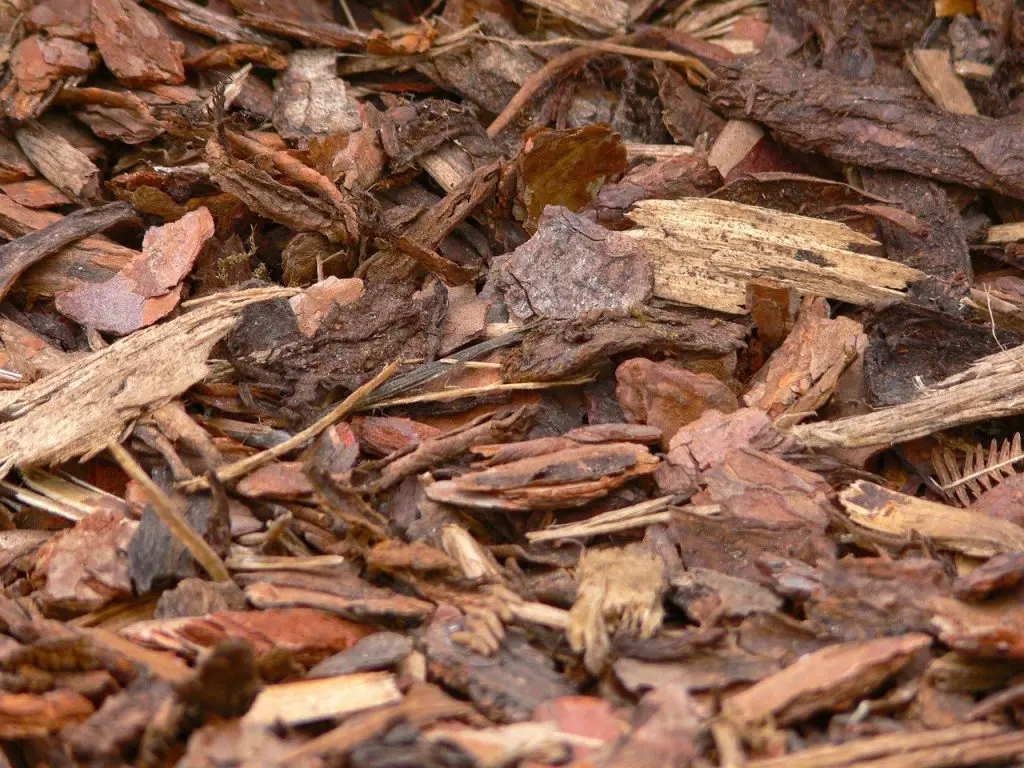
Mulch by the Pallet
Whether you’re trying to mulch a large area or you want to make sure that you have enough mulch to reapply when applicable, you may consider purchasing mulch by the pallet. Pallets are not a unit of measurement; they are the wooden platforms on which materials are transported and stored.
Most home improvement stores will sell mulch by the pallet. However, the number of bags of mulch can vary from store to store. Some pallets may contain only 55 bags while some stores may sell 70 bags of mulch per pallet.
Preparation and Preferences
Preparation for your purchase should include having your area’s measurements on hand. You will need to know the cubic feet and cubic yard measurement of the area before you call your local home improvement store. You’ll also want to have your mind made up about which material you’ll be using for mulching.
If you have a color preference, you’ll need to have that option narrowed down as well. Almost all mulch materials can be purchased in a variety of colors. Wood and straw mulches can be purchased in a variety of earthy tones. Stone mulches can be dyed and even made to glow in the dark.
Now that you know exactly what you are looking for, go online or stop by your local home improvement store. Examine the options available and make your choice on mulch. Once you’ve picked a brand and type, inquire as to whether they will sell the mulch by the pallet. If yes, you may also ask if they offer any delivery options to save yourself the trouble of unloading the mulch as well.
If they answer no, you’ll need to find a different home improvement store and begin your process over again. Large chain home improvement stores typically sell by the pallet but they may not have a whole pallet available for sale. They may have to order another pallet.
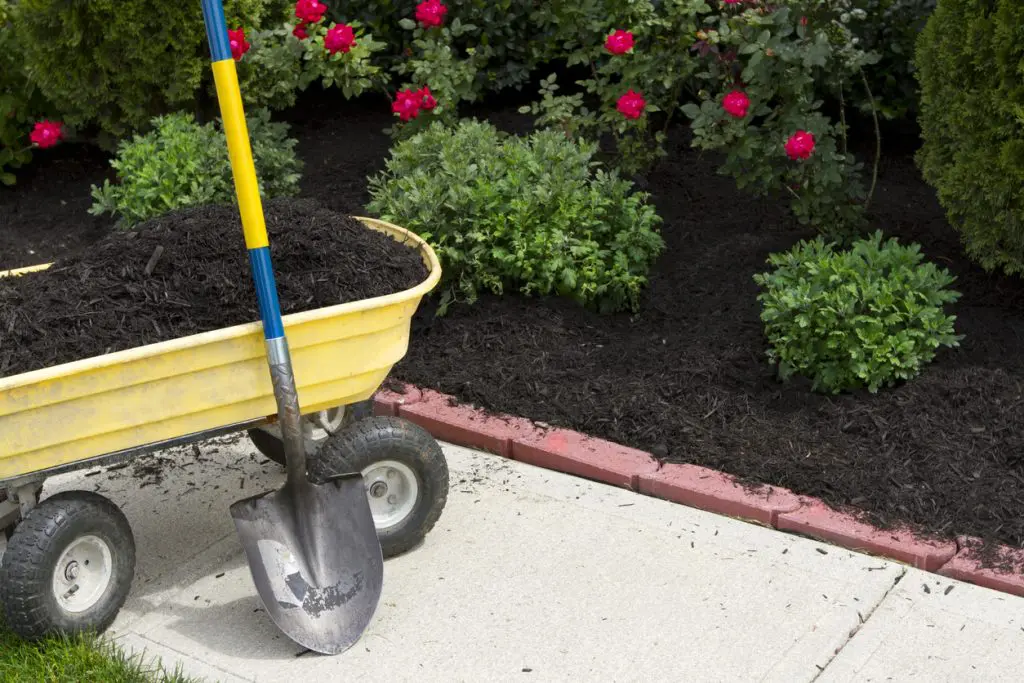
The store associate lets you know that each pallet contains 50 bags of mulch. The 50 bags will cover 77 cubic feet and weigh approximately 2000 pounds altogether. You need to purchase 22 pallets and arrange to have them delivered to your home the following week. When the delivery truck arrives, you are now the proud owner of 44,000 pounds of shredded rubber mulch.
Your neighbor is looking to cover up a few areas around his yard and asks for your help. You assist him in measuring the area and find that you’ll be filling 500 cubic feet. He’s set on Mexican beach pebbles for his mulching material. You find that your local landscape supply sells these particular rocks in 40-pound bags but the bags only cover 0.5 cubic feet.
Knowing that you’ll need 1000 bags, you advise him it’s best to purchase the rocks by the pallet. The landscape supply is happy to deliver the rocks but their pallets only hold 50 bags at a time. Your neighbor purchases the 20 pallets he needs. Hearing their minimal installation fee, he employs the landscapers to apply the rocks to the area as well. The professionals arrive a few days later and apply the 40,000 pounds of rocks to the desired area.
You can also ask if there are any ongoing specials with buying mulch in bulk. You may be able to save some money if they offer discounts on multiples.
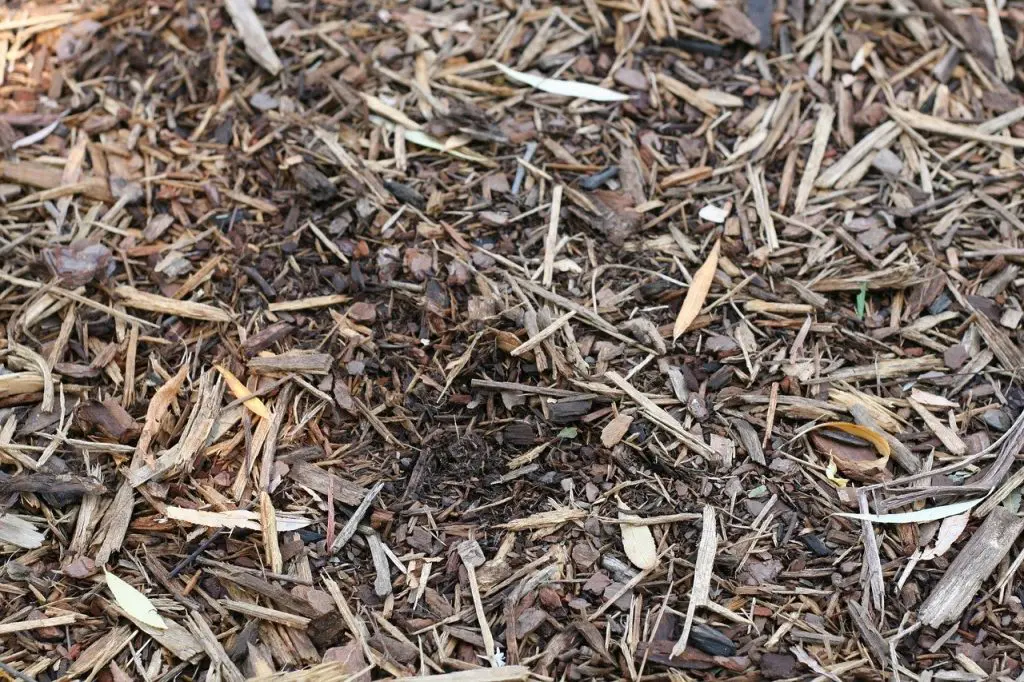
The weight of your pallet of mulch will depend on lots of factors. Let’s run through a few scenarios to give you an idea of how much a pallet of mulch weighs.
You’ve got your heart set on a wood mulch such as pine bark. This type of mulch usually comes in bags of 2 cubic feet. The area that you would like to mulch is 400 square feet and you’re wanting to mulch to a depth of 4 inches. When you multiply 400 by .33 (the conversion of inches to feet), you find that your cubic footage is equal to 132.
If pine bark mulch comes in bags of only 2 cubic feet, you’re going to need 66 bags of mulch. You ask the department attendant if they sell this particular mulch by the pallet. The attendant says they do and their pallets of this type of mulch hold 60 bags. You are pleased to hear this and you purchase one pallet as well as six bags of mulch.
Since 2 cubic feet of mulch is usually 20 pounds, your newly purchased pallet of mulch weighs an incredible 1200 pounds. Your separate six bags add on 120 pounds to that total.
What if you like the look of bark mulch but want something with more longevity? You look into purchasing shredded rubber mulch.
You’re going to be mulching multiple areas around your property totaling 10,000 square feet. Your mulch depth will be 2 inches, making your cubic footage 1,666.67.
You go to the large chain home improvement store a few towns over because their website says that they offer a myriad of colors of shredded mulch. You’re excited to learn that the green rubber mulch is sold by the pallet.
Final Thoughts
Mulch has many benefits and is an integral part of landscaping. It can also be helpful for lawn edging. When considering whether mulch is right for your garden, place the weight of the decision on which material works best for your needs, not on the weight of the mulch itself.
Here are some of my favorite lawn care products
Thanks a lot for making it to the end of this post! I hope you found it useful. Here are some lawn care products that I use and that I think you’ll also find helpful. These are affiliate links, so if you do decide to use any of them, I’ll earn a commission.
In all honesty, these are some of the basic products that I use and recommend to everyone.
Broadcast Spreader
This Scotts Elite dual rotary spreader is not a professional grade model but it’s excellent for homeowners.
I really like the edge guard on it. It’s really easy to switch on and off so it’s great for going around my driveway and flower beds.
If you’re not looking to spend hundreds of dollars, I’d definitely recommend this model. It spreads out a wide path and is great quality for the cost.
Backpack Sprayer
This 4-Gallon sprayer is my absolute favorite. It sprays for a really long time. I’ve had this sprayer for quite a while and I’ve never had the battery run out.
The adjustable pressure switch is a really import feature to me.
You can order a lot of accessories for this model but I’ve never really found much of a need for it.
Head Aerator
Hand aerators are great for small spots if you’ve got construction debris or a spot that constantly dries out.
You can also fill these holes with organic matter that will hold a bit more moisture.
This one by Yard Butler is an absolute bargain. It pulls nice long cores. I also use it for taking soil samples around the yard!
